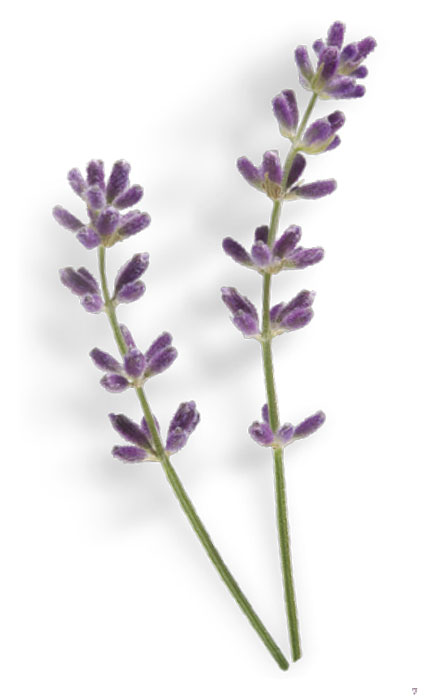What are Essential Oils
Essential oils are used for a very wide range of emotional and physical applications. They can be used individually or in complex blends depending on the specific need and desired results. Using essential oils can be both profoundly simple and life changing at the same time.
What are Essential Oils?
Essential oils are natural aromatic compounds found in the seeds, bark, stems, roots, flowers and other parts of plants. Their fragrance can be both beautiful and powerful. If you have ever enjoyed the gift of a rose, a walk by a field of lavender, or the smell of freshly cut mint, you have experienced the aromatic qualities of essential oils. Essential oils can lift the mood, calm the senses and elicit powerful emotional responses. Yet the use of essential oils goes well beyond their fragrant appeal.
Essential oils have been used throughout history in many cultures for their health-promoting properties. Modern trends toward more holistic approaches to self-care and growing scientific validation of alternative health practices are driving a rediscovery of the profound health benefits of essential oils. Many have powerful properties. Their unique chemical structure allows them to deliver targeted benefits through topical application and certain oils may be used internally.
Extraction Methods
Essential oils are most often extracted using a low-heat steam distillation process in which steam is circulated under pressure through plant material, liberating the essential oils into the steam. As the steam mixture cools, the water and oils separate and the oil is collected in its pure form. To ensure the highest quality oil extract of correct chemical composition, temperature and pressure must be monitored very closely. Too little heat and pressure will not release the valuable oil; too much can fracture an extract’s delicate chemical composition and alter its potency.
Equally important to the meticulous extraction process is the careful selection of which plant species, plant parts and harvesting methods will produce the most pure and potent essential oils. This complex process is as much an art form as it is a science and requires experienced growers and distillers working together to ensure a superior product.

Uses
Essential oils are used for a very wide range of emotional and physical applications. They can be used individually or in complex blends depending on the specific need and desired results. Using essential oils can be both profoundly simple and life changing at the same time. However, working with an experienced essential oil user will help the novice have a more beneficial and enjoyable experience.
Essential oils contain powerfully concentrated botanical extracts and should be used only as directed. They are, however, powerfully concentrated and should be used with care. Be sure to use only pure essential oils and follow all label warnings and instructions. Essential oils should never be used in the eyes or inside the ear canal. If redness or irritation occurs when using essential oils topically, apply a carrier oil such as Fractionated Coconut Oil to the affected area—water will not dilute essential oils. Consult your medical professional before using essential oils if you are pregnant or under a doctor’s care.



